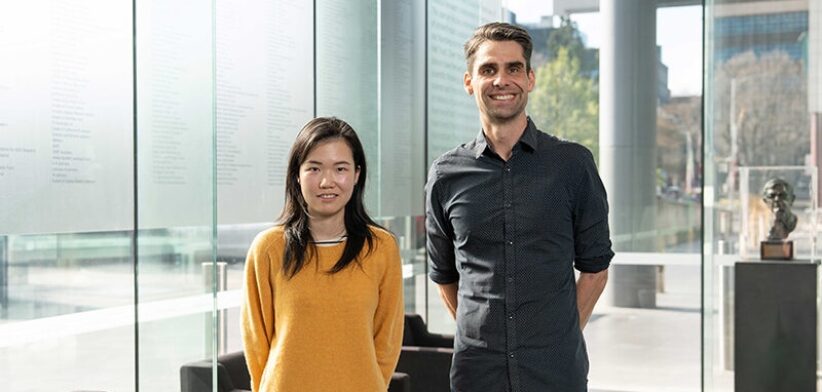New human cells have been discovered which age a key immune organ, creating the possibility of being able to counter their impact and better ward off illness in old age.
In a world-first, researchers at the Victorian medical research institute WEHI have uncovered the cells that drive the ageing process in the thymus.
WEHI Laboratory Head Professor Daniel Gray said the findings could unlock a way to restore function in the thymus and prevent immunity from waning as we aged.
Professor Gray said the thymus was an organ essential for good health due to its ability to produce special immune cells that were responsible for fighting infections and cancer.
He said, however, it had been a long-standing mystery as to why the thymus shrank and lost its function as we aged.
“By age 65, the thymus has virtually retired,” Professor Gray said.
He said using advanced imaging techniques at WEHI’s Centre for Dynamic Imaging and animal models, the research team discovered two new cell types that caused the thymus to lose its function.
He said the thymus was the only organ in the body that could make T cells.
“T cells are a type of white blood cell that plays a crucial role in our immune system. T cells are essential for identifying and responding to pathogens, such as viruses and bacteria, and for eliminating infected or cancerous cells.”
Professor Gray said the thymus was the first organ in our bodies to shrink as we became older.
“As this happens, the T cell growth areas in the thymus are replaced with fatty tissue, diminishing T cell production and contributing to a weakened immune system.”
Professor Gray said while the thymus was capable of regenerating from damage, to date researchers had been unable to figure out how to unlock this ability and boost immunity in humans as we aged.
“The new findings could help solve this mystery that has stumped researchers for decades.”
He said exploring ways to restore thymic function was critical to finding new therapies that could improve outcomes for patients and find a way to ensure a healthy level of T cells were produced throughout our lives.
“Our discovery provides a new angle for thymic regeneration and immune restoration, could unravel a way to boost immune function in vulnerable patients in the future,” Professor Gray said.








